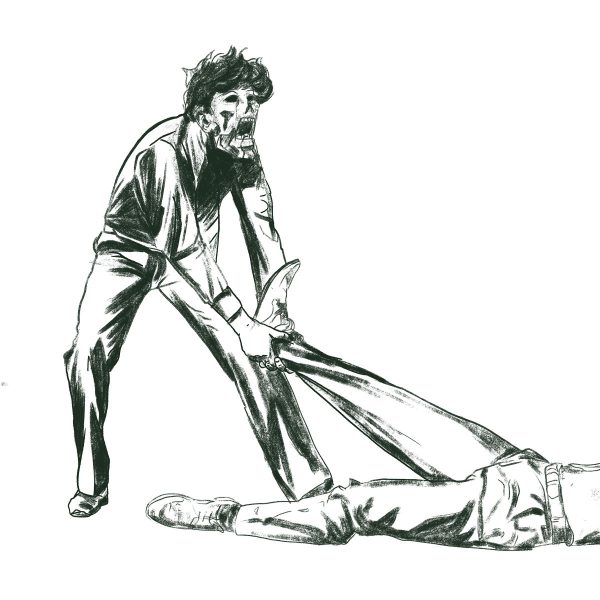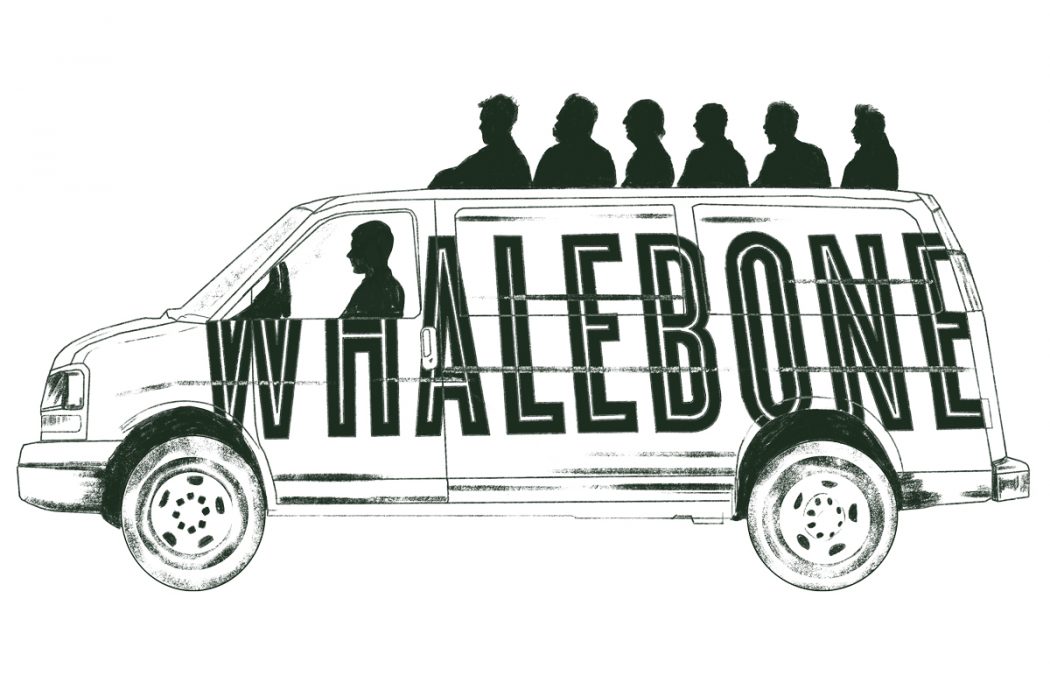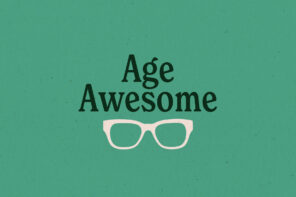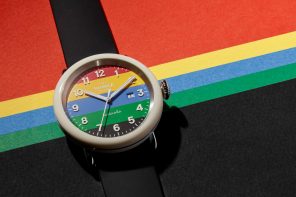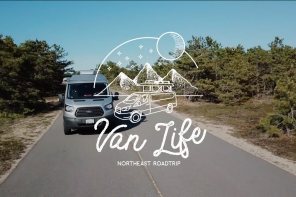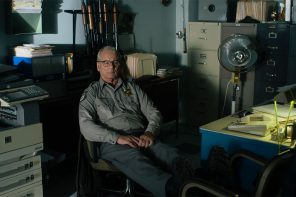A Socratic Dialogue and Inquiry into Values Facilitated by Whalebone Magazine
Players: Nietzsche | Schopenhauer | Schrodinger | Heidegger | Kierkegaard | Hegel
In an effort to answer the question of “What is Good?” in the classical, Socratic method, Whalebone Magazine enlisted the help of some of the greatest philosophical and empirical minds of Continental Philosophy who were among the first to tackle such lofty questions. Having the benefit of years spent in the German-American Club in Brooklyn to stew on the universal truths, we hoped they might come up with an answer.So, we packed Nietzsche, Schopenhauer, Schrodinger, Kierkegaard, Heidegger and Hegel into the Whalebone van and headed to the 92nd Street Y for a live panel discussion where we’d conduct our inquiry. There’d be no winners or losers—this was not a debate, but a discourse. The gentlemen must present examples from their own lives that illustrate the universal truth, not resort to quoting written work.
There are other rules they seem to have trouble with as well.
Whalebone: Does anybody need to go to the bathroom before we leave?
Schopenhauer: I call shotgun.
Hegel: Great. You’ll drive the inquiry into despair. Like always.
Whalebone: Schopenhauer called it. [The van pulls away] Let’s go over what we’ll discuss. When was a time when you found true happiness?
Hegel: In Berlin. When Schopenhauer scheduled his lectures at the same time as mine, but all the students chose to come to hear me.
Schopenhauer: Not all of them! Only those whose mental powers had been paralyzed by your senseless, thoughtless and stupefying, deliberately impressive but ultimately vacuous verbiage. Not those who hadn’t the patience for the platitudinous so-called “Phenomenology of the Mind,” which resulted in the most repulsive garb of gibberish from a flat-headed, insipid, nauseating, illiterate charlatan, who reached the pinnacle of audacity in scribbling together and dishing up the craziest mystifying nonsense.
Whalebone: Nice clapback, Schopenhauer, but we’ll remind you of the rule against monologuing in these proceedings. A time when you found true happiness?
Schopenhauer: When that summus philosophus, Hegel, returned to Berlin too soon after the cholera outbreak—and died.
Nietzsche: Sick burn.
Whalebone: Nietzsche, don’t encourage him. Søren, give us an example of “the highest good?”
Kierkegaard: Well, det høieste gode, is, as dear Immanuel tells us, our final purpose. Something that must be conditioned and limited by the Moral Law, or most will get no further than the first stage and the motivation of self pleaseure—if it feels good, it is good—and not move past the aesthetic and the ethical to the final stage, where we must die to the world so faith can allow us to feel simultaneously out on 70,000 fathoms of water and yet be joyful—
Whalebone: It seems like you are starting down a monologue road here. [The van rumbles over the Pulaski Bridge] Can you give us an example?
Kierkegaard: We are a great deal more than a bundle of events.
Hegel: Our grasp of the right and the good is mediated by the laws and customs of the societies in which we live.
Schopenhauer: Tripe!
Whalebone: Don’t make us turn this van around. We’ll be back in Brooklyn so fast it’ll make your heads spin. [The van, now crossing the 59th Street Bridge, lurches at a pothole]
Heidegger: I had never expected such a distinct odor to permeate this vehicle.
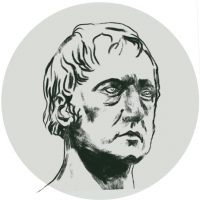
Nietzsche: The only distinct odor is coming from your failure to denounce the tenants of National Socialism.
Heidegger: I’m not the one whose writing Hitler used to justify his actions.
Nietzsche: That’s not fair! My sister edited those books after I died to create a subtext I never intended and that appealed to Hitler.
All: [Shaking their heads in unison] That’s really not good.
Whalebone: We aren’t here to talk about objectively not-good things. We can all agree Nazis are bad.
Nietzsche: Heidegger seems conflicted.
Whalebone: Enough, Nietzsche. Can we focus back on the opposite of bad things?
Schrodinger: I had a kitten.
Heidegger: Und then you locked him in a box! With a beaker of poison! Rigged to a Geiger counter!
Schrodinger: That was a THOUGHT experiment!
Kierkegaard: That’s a pretty dark thought. [All nod their heads in agreement, even Schopenhauer]
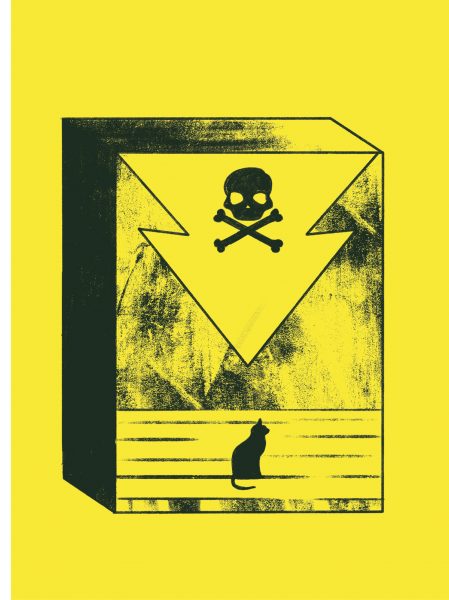
Nietzsche: When I was writing “On Good and Evil,” I—
Whalebone: Please, no citing from previous work, Nietzsche.
Nietzsche: Not even from “Why I Write Such Good Books?”
Whalebone: Not even that. We’re almost there, anyway. [The van pulls into a large parking structure]
Schopenhauer: Oh, look, there is a space there.
Kierkegaard: That is a handicap space, Schopenhauer.
Schopenhauer: So what? It’s empty and we are late for the panel.
Nietzsche: And I’m sickly.
Hegel: We don’t have the hang-tag, and this seems a little on the nose for an ethical discussion. We should not park there. [The van passes by]
Kierkegaard: We are destined to search this garage until the right parking space presents itself.
Both There and Not There
[The van approaches a car parked with a driver at the wheel. Schopenhauer rolls down the passenger window]
Schopenhauer: Are you going out? [The driver shakes his head]
Nietzsche: I hate it when people do that.
Schrodinger: Yes, this behavior drives the system into entropy.
[The van has driven through every floor of the garage but still has yet to find a space]
Kierkegaard: At this stage, there may be no empty space that exists.
[The van approaches a corner]
Schrodinger: Around this next corner up ahead there may be a space but we cannot see it. The parking space is both there and not there.
Nietzsche: Can it, Schrodinger. Nobody cares about your damn cat.
Nobody cares about your damn cat.
Hegel: Seriously, what’s with the cat?
Heidegger: Schrodinger, nobody really doubts if the presence or absence of the parking space is something independent of the observation.
Schrodinger: Stop. Stop the van! [Van comes to a halt]
Whalebone: What is it?
Schrodinger: I saw him dart between two parked cars. The cat.
Schopenhauer: Good god. He’s long dead. Even in thought.
[Everyone gets out and looks in the direction Schrodinger is pointing]
Schrodinger: No I saw him. And he didn’t look good. Both alive and not dead. The living dead.
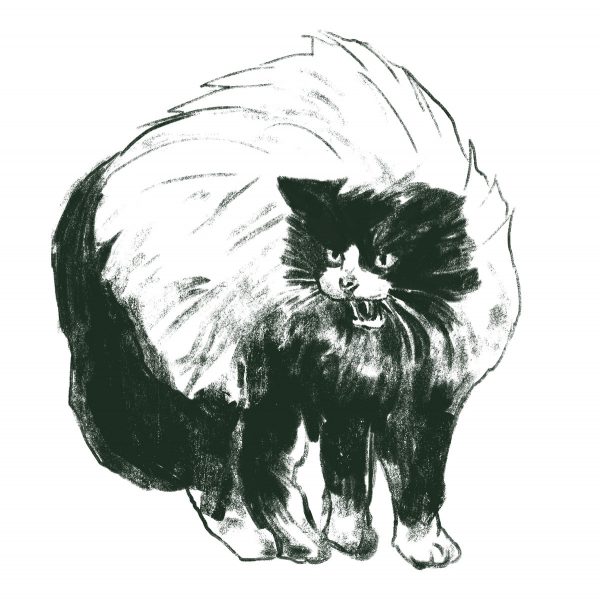
Kierkegaard: What is that noise?
[A low grumbling murmur and shuffling noises coming from around the corner.]
Hegel: God, help us.
[Zombies appear and begin pouring through parked cars grunting and stumbling toward the group]
Schrodinger: They’ve been bitten by that cat and joined him in the disrupted wave state. They too are both dead and not dead.
Schopenhauer: But we can see them. Shouldn’t they be one or the other?
Schrodinger: Guess not.
[Nietzsche is grabbed around the ankle by a zombie and falls as the group jumps back toward the van]
Hegel: Nietzsche’s been bitten!
Heidegger: Leave him. Save yourselves.
Kierkegaard: Frederich, here’s your chance to be purified. Good luck.
Nietzsche: No. I’m the überman, I will not succumb!
[Everyone except Nietzsche piles into the van and it peels away]
